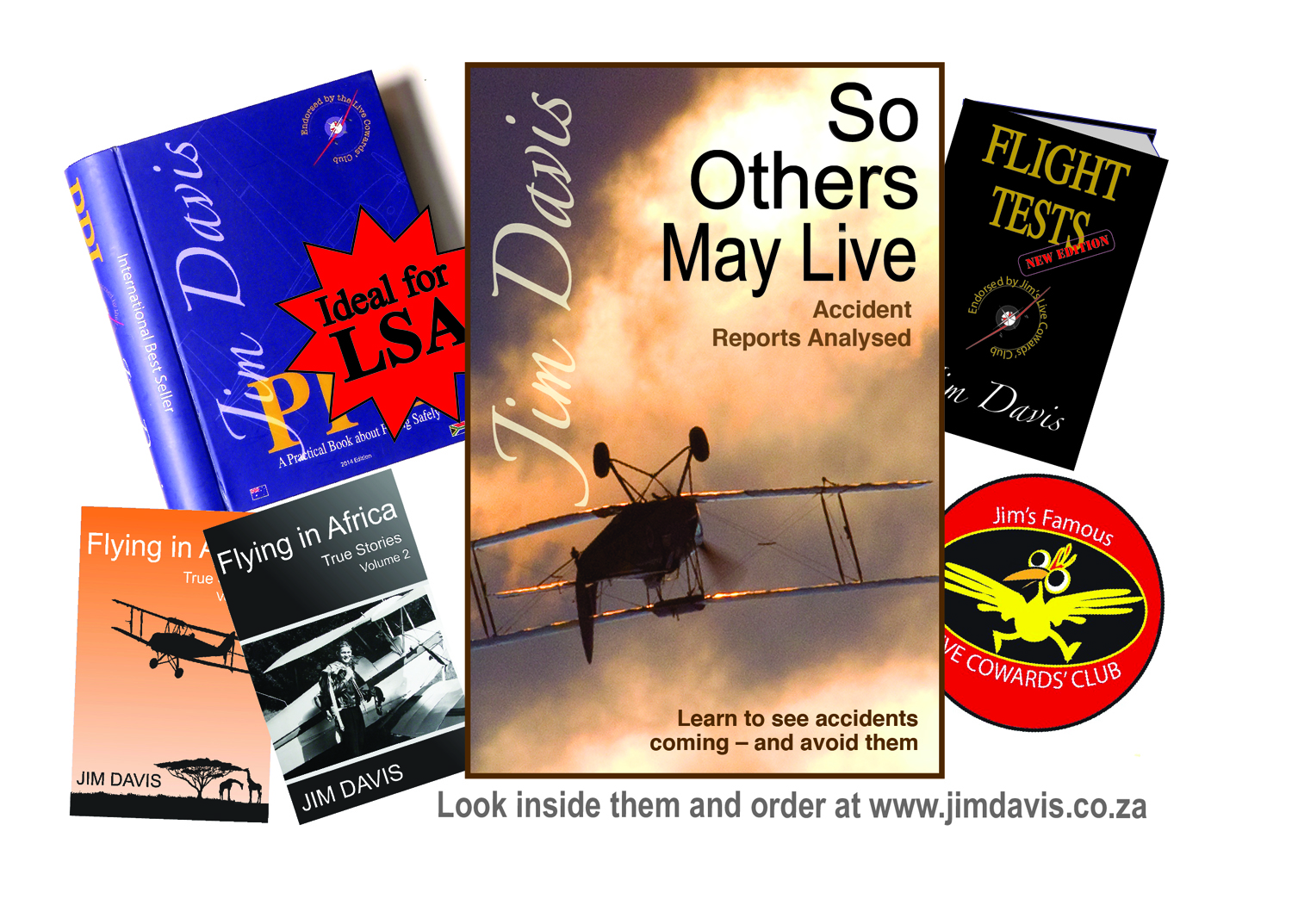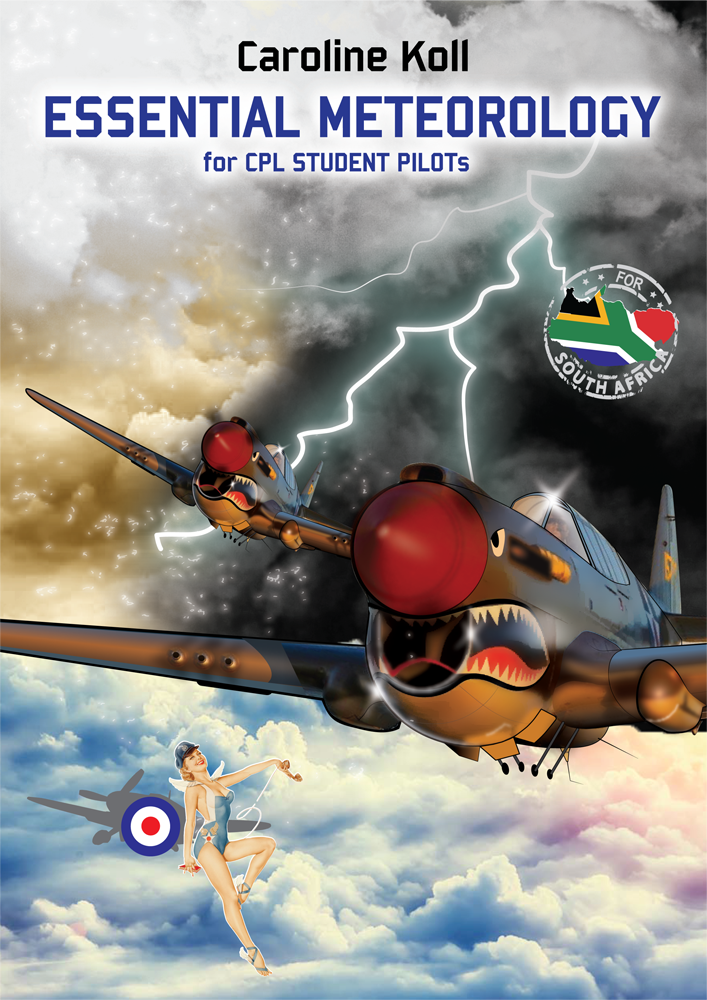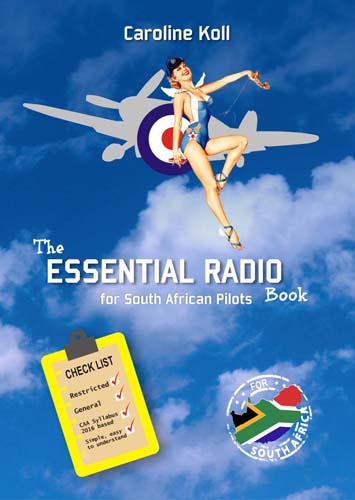 Perhaps you have been flying for some time, and apart from sweating through a revalidation, or a jaunt to a new breakfast spot, you haven’t really challenged yourself, or your flying skills for some time. As it is a new year, it seems appropriate to set yourself new goals which will not only spice up your flying, but will make you a better a better pilot. Here are a few things you may want to try…
Perhaps you have been flying for some time, and apart from sweating through a revalidation, or a jaunt to a new breakfast spot, you haven’t really challenged yourself, or your flying skills for some time. As it is a new year, it seems appropriate to set yourself new goals which will not only spice up your flying, but will make you a better a better pilot. Here are a few things you may want to try…
Night Rating
While most general aviators don’t intend flying at night on purpose, it is a comforting reassurance to know what to expect, how to navigate, and comprehend the challenges of night flying. Why? Well, to give you an example, we once flew down to Durban for a weekend, which took 2.5 hours. For the return, the weather looked fantastic, the beach was tempting, and so we decided that if we left just after lunch we would have more than sufficient time to return to Johannesburg before sunset. What we did not anticipate was the monster headwind! The return took us almost 1.5 hours longer, and we just barely avoided landing at an alternate before sunset. Doing a night rating will not only prove helpful in this situation, but it is a magical experience flying at night! Firstly, conditions tend to be much calmer, and your situational awareness is significantly increased as you make out key features amongst all the twinkling lights. Tuning into a night-time frequency near major air spaces, is an educational experience and also fun as you listen in to the major airline pilots communicating with ATC. The night sky is beautiful – give it a try!
Instrument Rating
If you are a private pilot you are probably considering whether this is really worth all the hassle – especially given the enormous challenge of the new IF rating theoretical exam, which no-one seems capable of passing. Secondly, the cost of doing an instrument rating is quite steep, but even if you have a few lessons (without actually obtaining the legal rating to fly in IFR), it will provide you with an additional set of skills resources, should you ever find yourself, unintentionally, in less than favourable conditions. Personally, I found that being aware of what your instruments are doing, makes you fly more precisely. If you do sweat it through the theoretical exam, and the 40 hours of instrument flying to get the rating, then you have much to be proud of for your efforts, so certainly worth it!
Try a New Aircraft Type
Don’t just settle for the comfort of your usual Piper or Cessna – try a different model, or even better, a completely different aircraft! If you usually fly a high wing, try a low wing, or if you’re really brave, have a go at flying a tail-wheel.
Fly a Rally
Something fun to do with a mate, rally flying is a recognised sport, and requires one person to fly the aircraft while the other navigates. It is not about speed, rather about good old fashioned navigation and precise flying, while keeping an eye on the time, and looking out for markers. Entry is cheap, and depending on the departure airport, landing fees are often forgotten about for the day. No experience is required, and experienced rally flyers are always always on hand to show you the ropes. For more information on events have a look at the SAPFA website: www.sapfa.co.za
Bush Flying
South Africa has some of the best flying, and especially bush flying. Doing a bush flying coarse will show you how to take advantage of our multitude of bush destinations, while managing your aircraft in testing conditions and respecting nature. Probably one of the better known courses available is held by CC Pocock www.bush-air.com
Spot Landing Competitions
One reason why you should aim to perfect every landing that you do! Taking part in a spot landing competition will not only make you focus on the quality of your landings, but is also really good fun. Keep an eye and ear out at an airfield near you.
No matter how many, or how few flying hours you have, there is always something new to learn and a challenge for you to tackle. Make the new year count!



